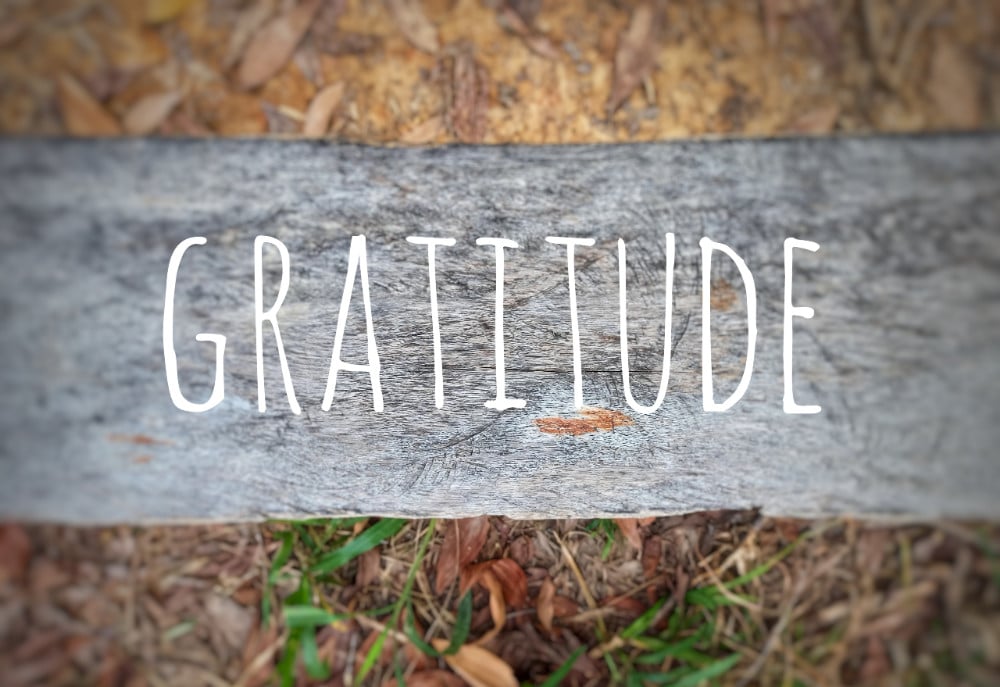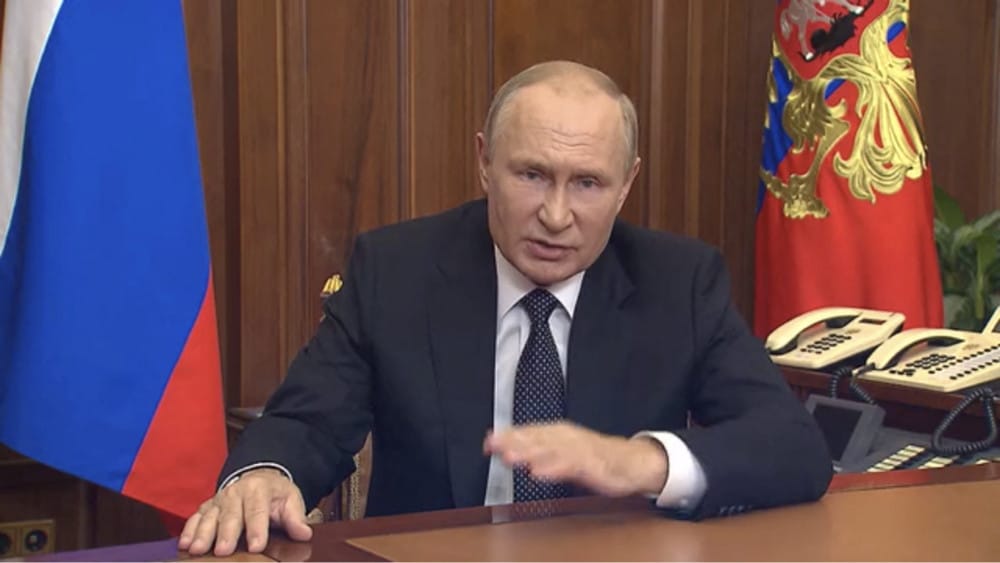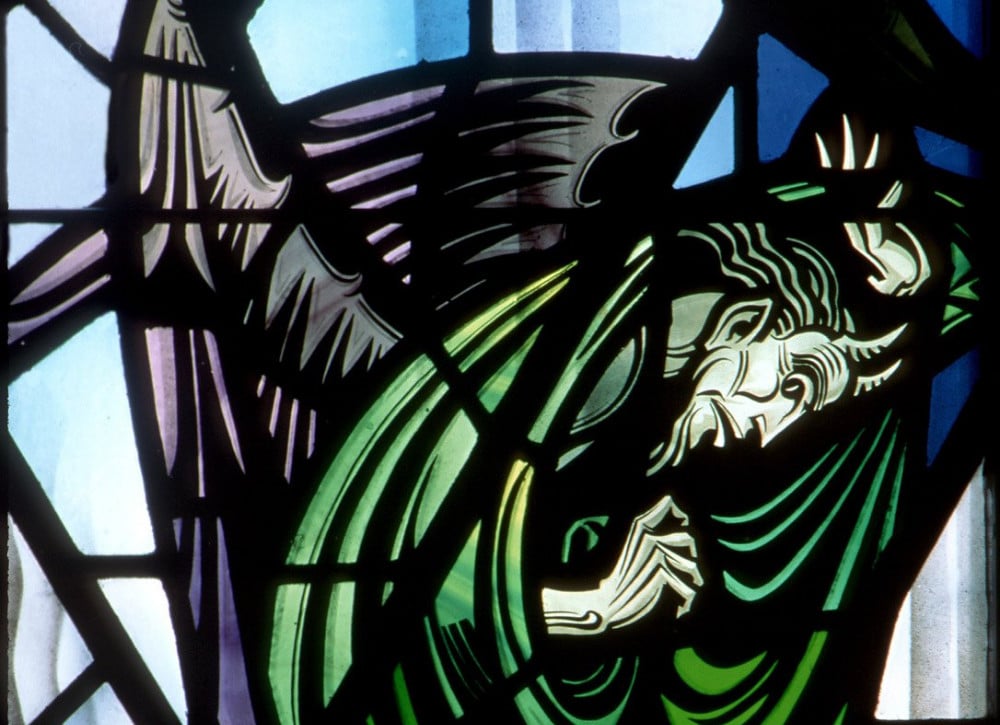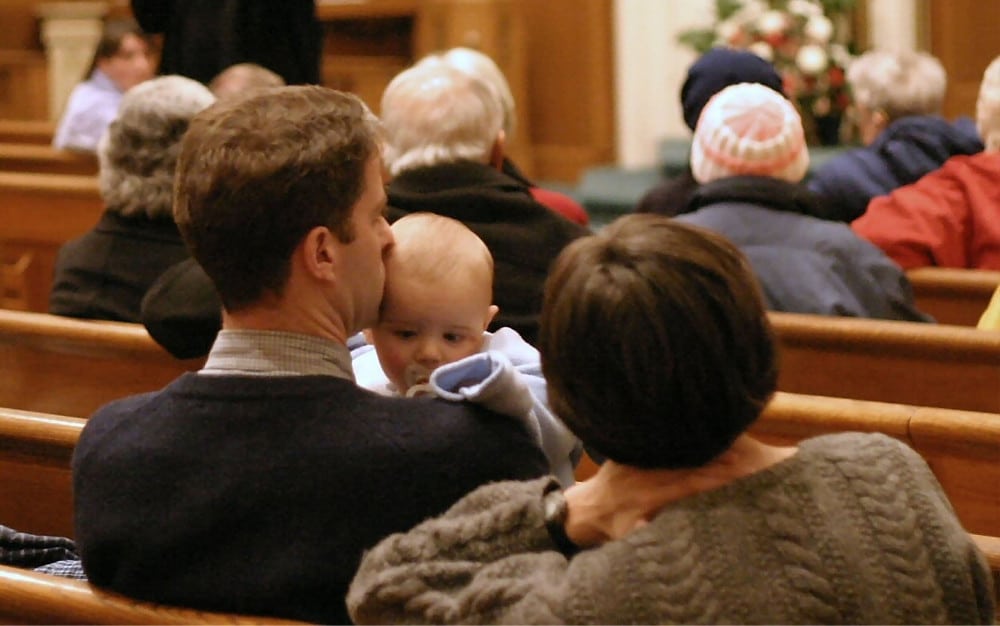We once had to live without a big refrigerator for a couple months. The first one we bought was back-ordered and never came, the second one came and didn’t work, and getting our money back both times took forever. You might be surprised at how uneager some companies are to stand behind their products. We got by with a dorm-room sized one and more trips than usual to the grocery store down the hill.
For Americans, a refrigerator is a necessity, almost like a piece of furniture. You have a refrigerator the way you have a kitchen sink. They’re both part of the life you expect to live. As my friend, the painter Timothy Jones, wrote: “We quickly adjust so that the abundant blessings and graces of life become the baseline, what is merely expected. What we are owed.”
Because, really, how amazing is it to have a big box that keeps your food cold or frozen so you can have it to hand when you want it, and can stock up on food during sales? And how also amazing to have a dorm-room sized one sitting around you can use when your big one dies, and to have a grocery store close by?
And, more importantly, to have the money to buy a new one? We could afford a new refrigerator. Not everyone can.
Sometimes I see someone saying, dead seriously, that the poor should buy a big freezer and then go to Costco and stock up, and they’d be fine. Easy-peasy. They’re to blame for being so feckless they don’t do this.
That they can’t afford the initial cost to buy a freezer does not occur to such people. I would have said that when I was younger and less beaten up by life. (Other examples of this kind of blindness I’ve described here.)
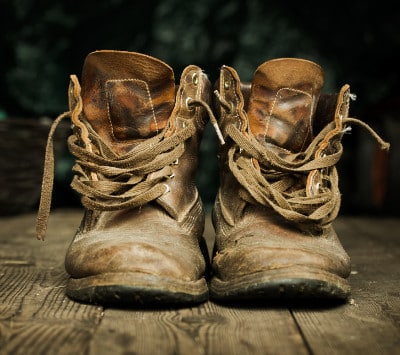
Unexpectedly, to most of us, who are comfortable if not affluent, you can live more cheaply when you can spend more money. The fantasy writer Terry Pratchett explained this in one of his “Discworld” stories, in the reflection of a Captain Vimes. He earned $38 a month, but really good leather boots cost $50. “But an affordable pair of boots, which were sort of OK for a season or two and then leaked like hell when the cardboard gave out, cost about ten dollars.”
He bought the affordable ones and wore them “until the soles were so thin that he could tell where he was in Ankh-Morpork on a foggy night by the feel of the cobbles. But the thing was that good boots lasted for years and years. A man who could afford fifty dollars had a pair of boots that’d still be keeping his feet dry in ten years’ time, while a poor man who could only afford cheap boots would have spent a hundred dollars on boots in the same time and would still have wet feet.”
Pratchett’s idea is now called “Boots theory” and even has a Wikipedia entry. It affected how the British government measures inflation. The previous method had hidden, or disguised, the steeper inflation in many of the products the poor depended on.
We saw the difference at our local grocery store when inflation shot up in the last year. Some of the cheap brands and the bulk sizes disappear, or because more people start buying them, their price goes up more than does the price of the expensive brands and smaller sizes. Financially comfortable people can always buy a cheaper brand, but you can’t do that when you already depend on the cheapest ones.
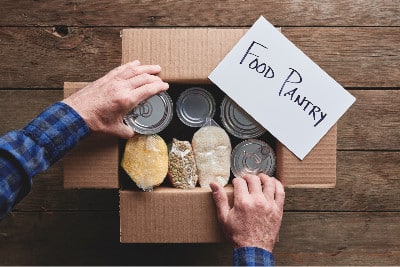
Holy people see what they have and what others don’t have. Most of us don’t naturally see either. Sin and circumstances blind us to the realities of our relative wealth and others’ poverty. We’re like the economically comfortable British civil servants unthinkingly figuring out the inflation rate by the rise in the price of the things they buy, not by the things the poor buy.
We need to learn to be grateful and then to express our gratefulness in generosity. Gratitude begins in observation and ends in charity.
Gratitude requires observation, and observation requires practice. It’s more than just looking around. It’s kind of a twist in the way you look — looking from a new point of view, so that you see your life from a different angle where blessings suddenly look like blessings and not background. Part of the twist is listening sympathetically to people who live different lives and can tell you what it’s like not to have what you have.
Then, seeing what we have, we need to share it. I think it’s natural to give when you have received, but Jesus made it imperative: To whom much is given, of him much will be required.
David Mills writes from Pennsylvania.

